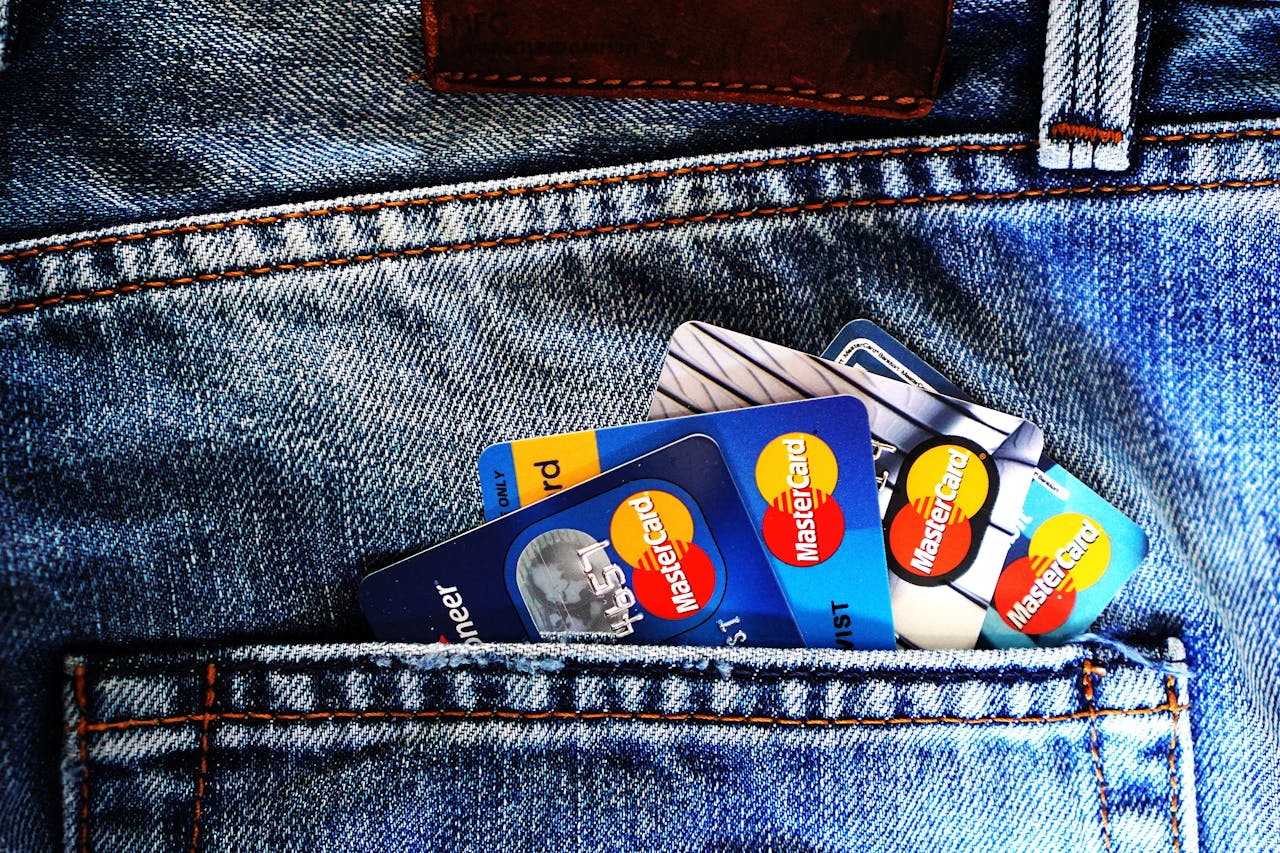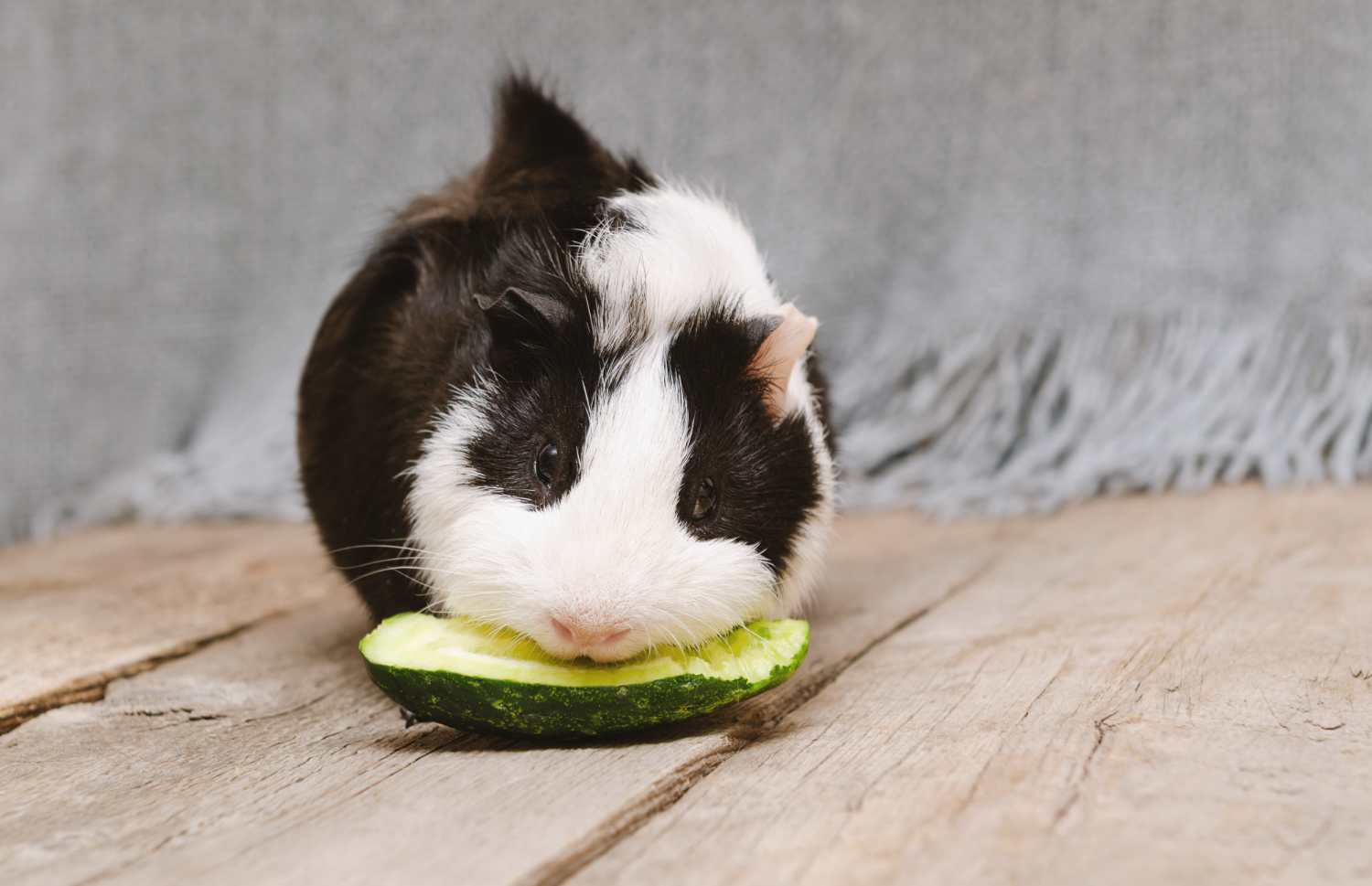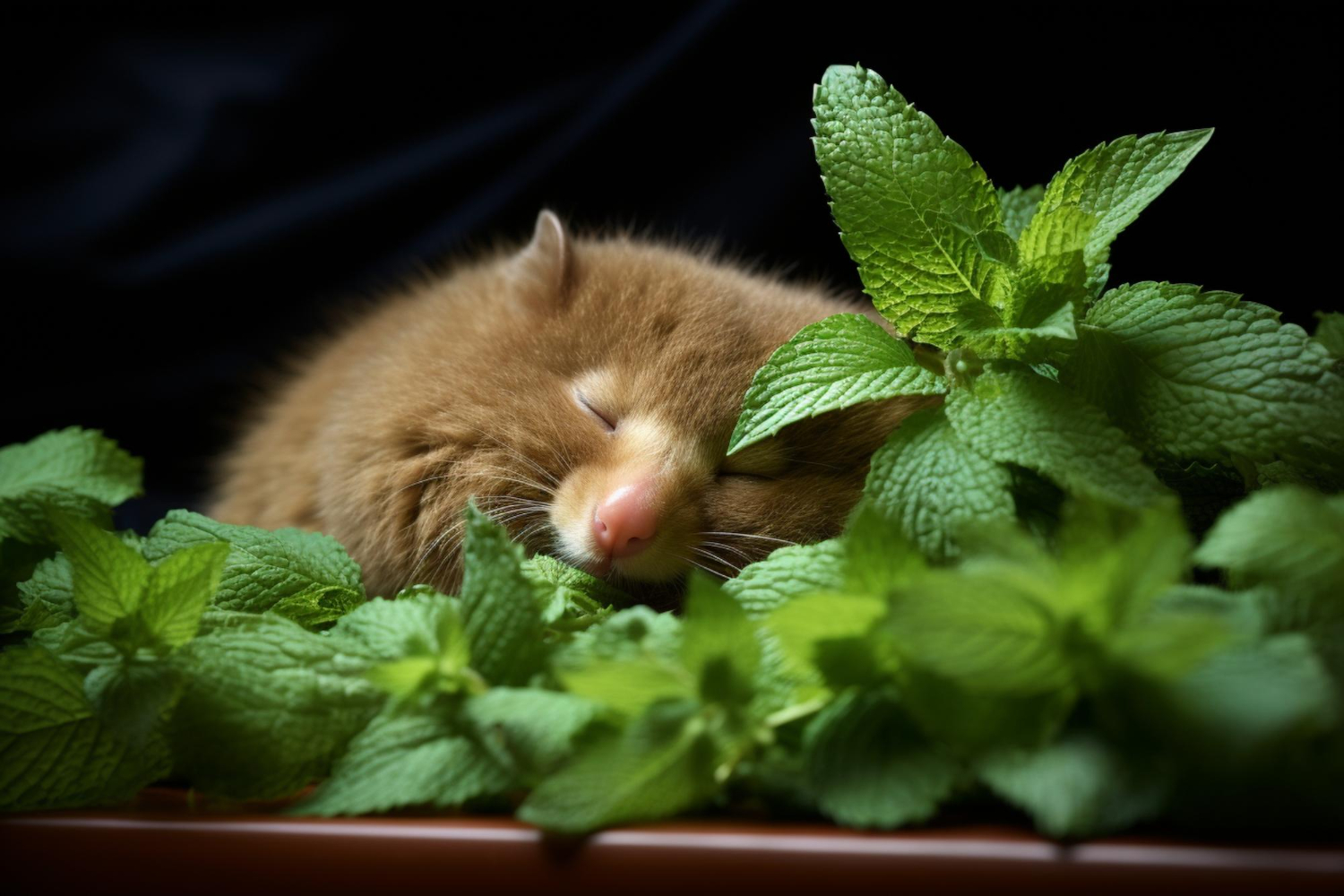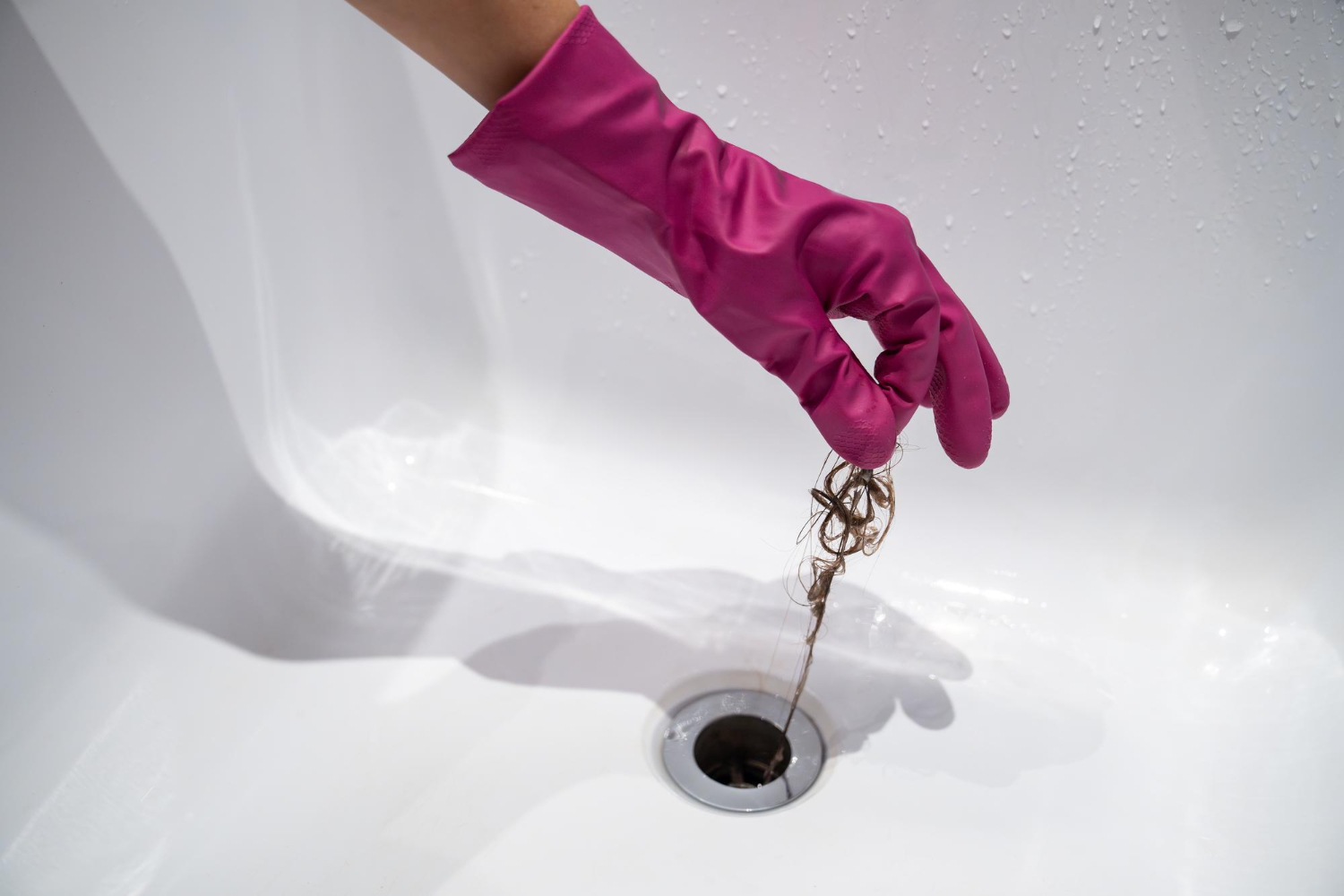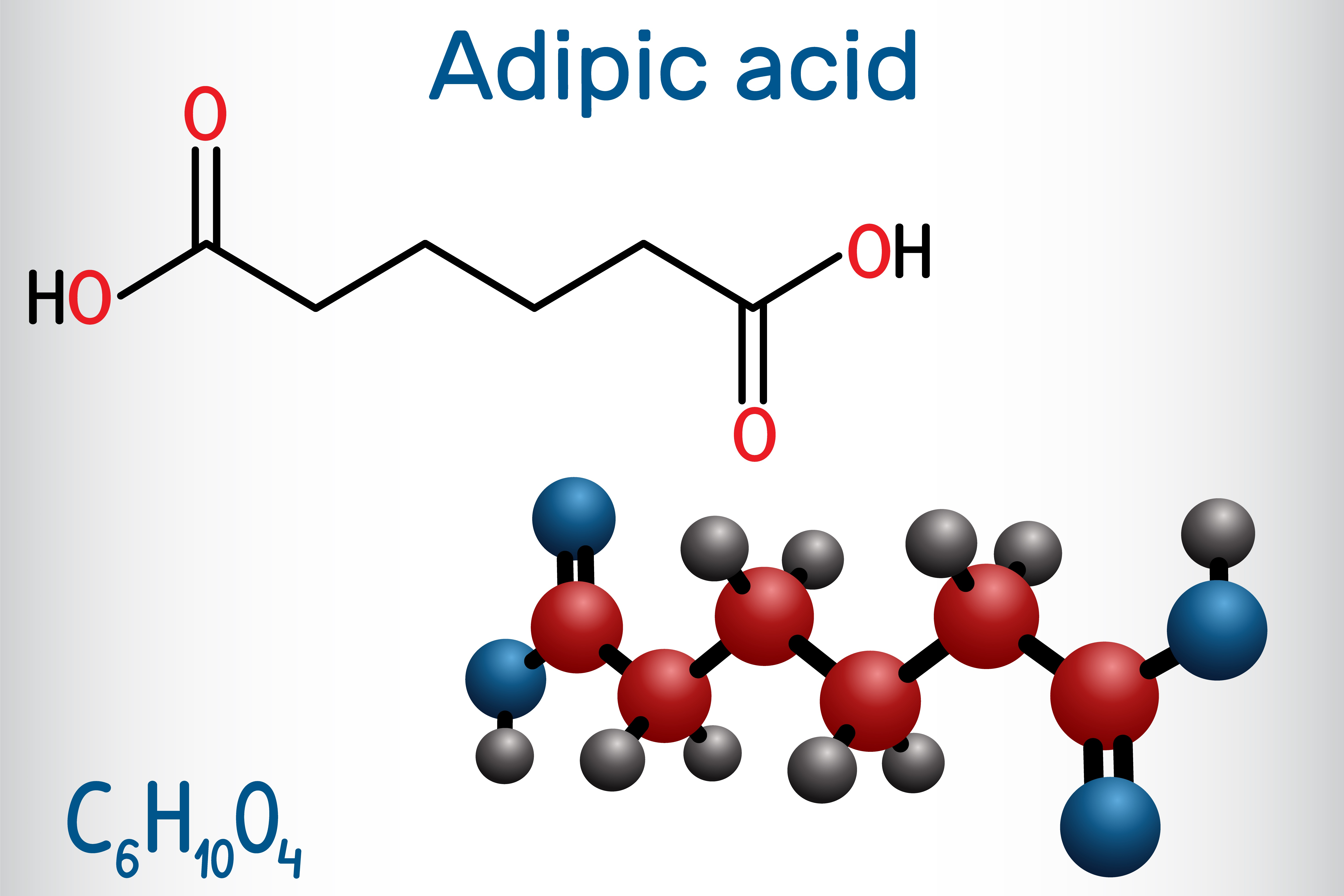Guinea pigs are adorable and curious creatures, but when it comes to their diet, not all foods are safe for them. A common question among guinea pig owners is, “Can guinea pigs eat avocado?” At first glance, avocados may seem like a healthy treat—after all, they’re packed with vitamins and healthy fats. However, when it comes to guinea pigs, this delicious fruit poses significant risks.
This blog explains why avocados are unsafe for guinea pigs, the symptoms to look for if they accidentally ingest some, and safe, nutritious alternatives you can include in your guinea pig’s diet.
What Makes Avocado Unsafe for Guinea Pigs?
There are two primary dangers associated with avocados and guinea pigs:
1. Persin Toxicity
Avocados contain a natural compound called persin, found in the skin, pit, leaves, and even the flesh of the fruit. While persin is harmless to humans, it can be highly toxic to smaller animals like guinea pigs. When ingested, persin can cause severe health problems, including:
- Heart damage
- Respiratory distress
- Diarrhea
- Potentially fatal outcomes if not treated promptly
It’s crucial to note that even a small bite from a piece of avocado skin or pit can expose your guinea pig to harmful levels of persin.
2. High Fat Content
Guinea pigs have delicate digestive systems that are not equipped to metabolize high-fat foods. While the flesh of an avocado contains less persin, its fat content is far too high for guinea pigs. This can lead to digestive upset, obesity, and other long-term health problems.
Can Guinea Pigs Eat Any Part of the Avocado?
No part of the avocado is safe for guinea pigs. While some may argue that a tiny amount of the flesh is less harmful than the skin or pit, it’s better to err on the side of caution and avoid avocados altogether.
Symptoms of Avocado Toxicity in Guinea Pigs
If your guinea pig accidentally ingests avocado, watch for these signs of toxicity:
- Lethargy: Loss of energy or excessive sleeping
- Loss of Appetite: Refusing to eat or drink
- Diarrhea: Loose or watery stools
- Difficulty Breathing: Rapid or labored breathing
- Unusual Heart Rate: Either too fast or too slow
What to Do If Your Guinea Pig Eats Avocado
If you suspect your guinea pig has eaten avocado, act quickly:
- Contact a Veterinarian Immediately – Explain the situation and provide details of how much and which part of the avocado was consumed.
- Monitor Symptoms – Keep a close eye on your guinea pig for any of the symptoms listed above.
- Provide Fresh Water – Ensure your guinea pig stays hydrated.
- Avoid Home Remedies – Some sources may suggest remedies like activated charcoal, but it’s best to follow your vet’s advice.
Safe and Healthy Alternatives for Guinea Pigs
Just because avocados are off the menu doesn’t mean you can’t spoil your guinea pig with other delicious and nutritious treats. Here are some excellent alternatives:
1. Bell Peppers
- High in Vitamin C, which guinea pigs need as they cannot produce it themselves.
- Available in multiple colors to add variety to their diet.
2. Cucumbers
- A great source of hydration due to their high water content.
- Low in calories, making them a healthy snack.
3. Carrots
- Naturally sweet and a good source of Vitamin A.
- Best fed in moderation due to their sugar content.
4. Green Leaf Lettuce
- A safe, everyday green for guinea pigs.
- Avoid iceberg lettuce, which has little nutritional value.
These alternatives are not only safe but also provide essential nutrients to keep your furry friend happy and healthy.
The Right Way to Feed Vegetables to Your Guinea Pig
Giving your guinea pig fresh veggies is a great way to add variety to their diet, but there are some best practices to keep in mind:
1. Introduce Foods Slowly
New foods should be introduced one at a time to ensure your guinea pig doesn’t have an adverse reaction.
2. Wash Thoroughly
Always wash vegetables and fruits thoroughly to remove pesticides and bacteria before feeding.
3. Mind the Portions
Guinea pigs have small stomachs, so moderation is key. Aim for a diet consisting of:
- 70% hay
- 20% fortified guinea pig pellets
- 8% fresh vegetables
- 2% occasional healthy treats
What Foods Should Guinea Pigs Never Eat?
Avocados aren’t the only food that can harm guinea pigs. Here are other common foods to avoid:
- Chocolate – Contains theobromine, which is toxic to guinea pigs.
- Dairy Products (e.g., Cheese) – Guinea pigs cannot digest lactose.
- Onions and Garlic – Can cause hemolysis, leading to anemia.
- Raw Potatoes – Contain solanine, which can upset their digestive systems.
- Fruit Seeds and Pits – Some, like apple seeds, contain cyanide and are a choking hazard.
- Processed Foods (e.g., Bread, Pasta) – High in sugars, starches, and fats, making them unsuitable for guinea pigs.
Guinea pigs are strict herbivores with specific dietary needs, so sticking to guinea pig-safe foods is essential for their health.
How to Keep Your Guinea Pig Safe from Unsafe Foods
Preventing access to dangerous foods is just as important as knowing what to feed them. Here are some tips:
- Supervise During Playtime – Check the area for any unsafe food scraps before letting your guinea pig roam.
- Educate Your Family and Visitors – Make sure everyone knows what’s safe and what’s not.
- Store Food Securely – Keep unsafe foods out of reach, ideally in sealed containers.
Focus on Keeping Your Guinea Pig Healthy
Avocados may be a superfood for humans, but for guinea pigs, they’re a no-go. The presence of persin and high fat content make avocados dangerous for these small herbivores. By understanding what’s safe and sticking to a balanced, guinea pig-friendly diet, you can ensure your furry friend lives a long, healthy life.
Want more tips on guinea pig care? Subscribe to our newsletter and share this post to help other guinea pig enthusiasts make informed choices. Your pet will thank you!
FAQs
Are avocados safe for guinea pigs?
No, avocados are not safe for guinea pigs due to persin content and high fat levels.
What fruits are poisonous to guinea pigs?
Poisonous fruits include cherries (because of pits), peaches (due to pits), and unripe tomatoes. Always remove seeds and pits from any fruit before serving.
What foods can guinea pigs not eat?
Guinea pigs should never eat meat, dairy, processed foods, chocolate, onions, garlic, or anything high in fat or sugar.
Why can’t guinea pigs eat cheese?
Guinea pigs are lactose-intolerant and cannot digest dairy products like cheese, which can cause digestive issues.
